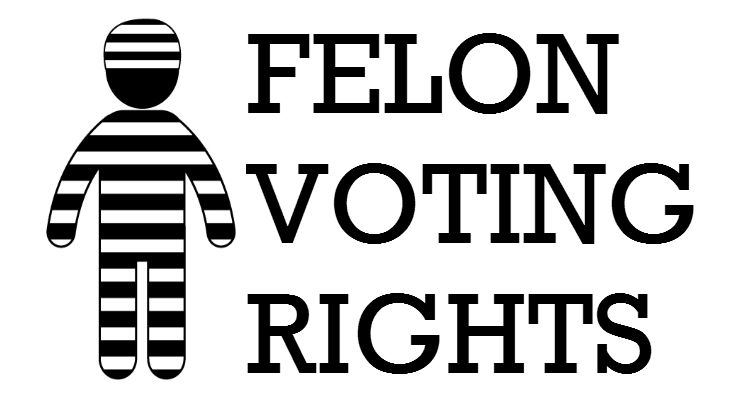 There are various types of barriers facing voters including photo ID requirements, voting booth availability, the flexibility of poll hours, and the availability of time off from work with pay for voting. Some states even have financial penalties for the violation of deadlines or rules related to registration lists. Online voter registration, absentee voting, and early voting are some policies that clearly are shown to ease voting.
There are various types of barriers facing voters including photo ID requirements, voting booth availability, the flexibility of poll hours, and the availability of time off from work with pay for voting. Some states even have financial penalties for the violation of deadlines or rules related to registration lists. Online voter registration, absentee voting, and early voting are some policies that clearly are shown to ease voting.
Some interesting related research was published in Raw Story where Ko Bragg reports a new lawsuit against Florida for violating the 19th amendment with a voter suppression law.
Rosemary McCoy didn’t vote in the 2020 election — she couldn’t. Instead she put boots to the ground in Duval County, Florida, asking people if they would exercise their right to vote because she had been disenfranchised. “Is it possible for you to go out and vote to support me?” McCoy asked.
After nearly two-thirds of the state voted to restore the right to vote to those convicted of felony offenses, McCoy and more than 700,000 Floridians lost access to the voting box in 2019, when Gov. Ron DeSantis signed Senate Bill 7066 into law. The legislation requires formerly incarcerated people to pay any restitution, fines, fees or court costs — also known as legal financial obligations — before regaining the right to vote. McCoy learned that she owed about $7,500 in victim restitution, including interest, and her county expected her to pay it all at once. Advocates call the law a modern-day poll tax.
Now, the Southern Poverty Law Center (SPLC), which sued Florida on behalf of McCoy and another Black woman named Sheila Singleton, is asking an appeals court to require a new analysis of the nation’s sole felony disenfranchisement lawsuit alleging a violation of the 19th Amendment. Lower courts dismissed SPLC’s analysis of the law’s disproportionate financial, “undue burden” on women of color.
Read the full article here.
Leave a Reply